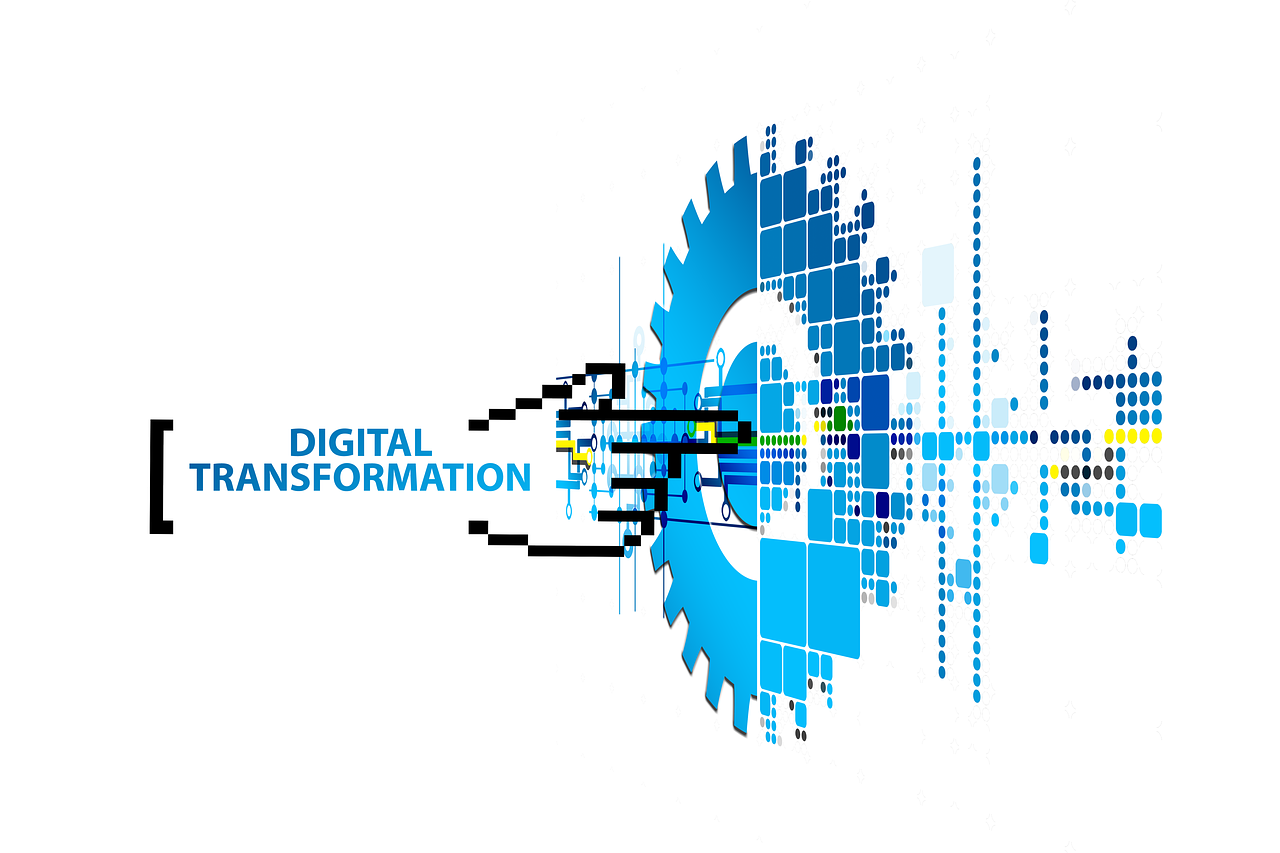Digitizing Archives in the Philippines: Secure and Compliant Record Preservation
In the Philippines, where many institutions still rely on physical paperwork for recordkeeping, document digitization has become a critical step toward modernizing operations. From legal contracts to land titles, these paper documents can be preserved through archive scanning while enabling better digital access. Infomax Systems Solutions and Services, Inc. supports organizations in reducing paper use through secure digital archiving—without compromising legal integrity. Whether you’re in education, finance, healthcare, or government, digitizing institutional records ensures compliance, space savings, and operational efficiency in an increasingly data-driven environment.

The Problem with Paper Archives
Institutions such as schools, government agencies, banks, and corporations often rely on large volumes of paper-based archives, many of which are stored in filing cabinets, warehouses, or offsite storage facilities. These paper records:
- Are vulnerable to physical damage (e.g., fire, water, pests, or natural degradation)
- Consume valuable space that could be better used
- Are difficult to search, retrieve, or share
- Pose confidentiality and compliance risks when accessed manually
As these records accumulate over the years, the need to modernize becomes more urgent. The goal is not simply to eliminate paper, but to manage it strategically without compromising the integrity of institutional memory.
The Digital Solution: Why Digitize?
Digitizing old archives is the most practical and secure way to reduce paper usage while enhancing records management. Institutions can shift from inefficient paper systems to searchable, secure digital repositories.
Key Benefits of Archive Digitization:
- Space Savings: Eliminate bulky storage and reclaim valuable real estate.
- Improved Accessibility: Enable fast, indexed search and retrieval.
- Data Security: Digital records are encrypted, backed up, and user controlled.
- Regulatory Compliance: Satisfy BSP, BIR, and Philippine Data Privacy Act standards.
- Preservation: Prevent deterioration of fragile historical documents.
- Sustainability: Reduce environmental impact by minimizing physical storage and printing.
Why Original Paper Documents Still Matter in the Philippines
While digitization offers clear advantages, local institutions must adhere to Philippine legal standards, which often require original paper copies. Key examples include:
- Contracts and notarized documents under the Civil Code
- Land titles governed by the Land Registration Authority (LRA)
- Vital records such as birth and marriage certificates
- Evidence in legal proceedings, as confirmed in Herrera v. Alba and BPI v. Leobrera jurisprudence
To ensure compliance, Infomax recommends a hybrid model: retain original hard copies while maintaining digitally indexed versions for easy reference and review. The digital record supports searchability and access, while the paper record preserves legal admissibility.
How Infomax Supports Archive Digitization
As a trusted digital transformation partner, Infomax Systems Solutions and Services, Inc., empowers organizations to shift from paper-heavy processes to smart, scalable digital infrastructure. Below are solutions aligned with institutional digitization:
- Scanning & Imaging Services - Infomax offers secure scanning of legacy records such as legal documents, land titles, contracts, and academic files. High-resolution scanners and secure handling protocols ensure integrity during digitization—especially for delicate or aging archives.
- Kodak Info Input Solution - For high-volume digitization needs, Kodak Info Input provides intelligent batch capture and indexing of scanned files. It integrates easily into enterprise systems and accelerates processing with OCR and barcode tagging for metadata.
- Document Management - Once scanned, documents are stored in a central digital repository where they can be securely accessed, organized, and searched. Infomax’s Document Management solution ensures compliance with regulations such as the Philippine Data Privacy Act, BSP, and BIR guidelines.
- Business Process Automation - Beyond just storage, Infomax helps institutions automate review, approval, and document workflows using digital routing, status tracking, and notifications—turning static archives into active, governed information assets.
- Cloud Services - Infomax’s cloud solutions allow secure remote access to your digital archives from any location. Files are encrypted, backed up, and available across departments, enabling flexible document collaboration without compromising security.
Start Small, Scale Strategically
Digitization doesn’t need to be an all-or-nothing leap. Infomax offers phased implementation, allowing organizations to begin with:
- A specific department
- A pilot archive (e.g., HR files or land titles)
- A test workflow before wider rollout
This approach allows institutions to evaluate return on investment (ROI), address challenges early, and develop a repeatable digitization strategy.
Conclusion
Reducing the use of paper by digitizing archives is no longer optional—it’s a strategic imperative for institutions in the Philippines. With the dual goals of compliance and modernization, document digitization:
- Saves space
- Reduces risk
- Enhances access
- Supports regulatory readiness
- Improves sustainability
By working with Infomax Systems Solutions and Services, Inc., you gain the technology, expertise, and guidance to preserve institutional knowledge, reduce paper dependence, and build digital resilience—while remaining compliant with local legal standards.
Ready to Transform the Way You Manage Institutional Records?
Make your archives more accessible, secure, and compliant with scalable solutions from Infomax. Contact us to start your digitization journey.